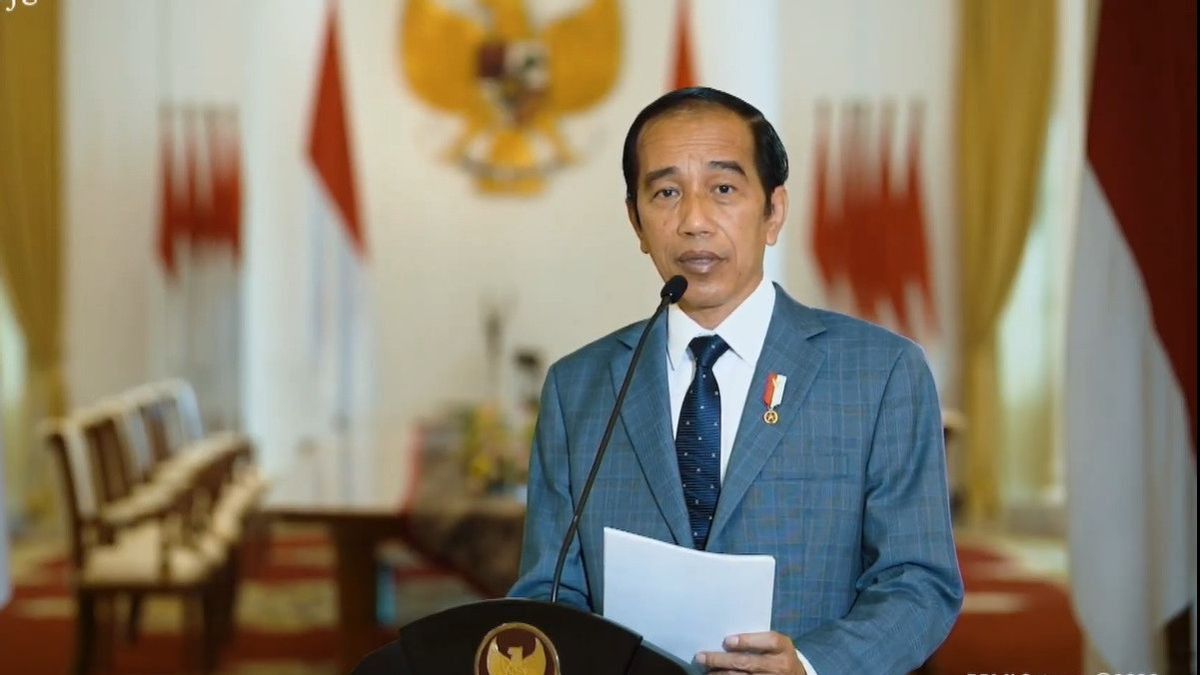
Joko Widodo
Joko Widodo, known as Jokowi, was born on June 21, 1961, in Surakarta, Central Java. He became the 7th president of Indonesia on October 20, 2014, after a political rise from modest beginnings. Before his presidency, Widodo served as mayor of Surakarta from 2005 to 2012 and governor of Jakarta from 2012 to 2014. His reputation for practical leadership and focus on urban development began in Surakarta, where he revitalized the city with infrastructure projects, including the renovation of traditional markets and improvements in public transportation. His leadership was characterized by transparency and public engagement, which helped boost his popularity.
In Jakarta, as governor, he initiated significant infrastructure projects to address chronic issues such as flooding and traffic congestion. Widodo also introduced the Jakarta Smart Card, a financial aid program to support education for low-income families. His administration was marked by a commitment to improving public services and initiating Jakarta's Mass Rapid Transit (MRT) system.
Widodo's national political ascent culminated with his 2014 presidential election victory as the candidate for the Indonesian Democratic Party of Struggle (PDI-P). His campaign focused on economic reform, infrastructure development, and fighting corruption. His victory was significant as he became the first president not rooted in the military or political elite of Indonesia’s democratic era.
As president, Widodo's administration focused heavily on infrastructure, with the development of airports, roads, seaports, and power plants. He also sought to boost economic growth by cutting red tape and attracting foreign investment. In 2019, Widodo was re-elected after another contest with Prabowo Subianto.
Stichworte







